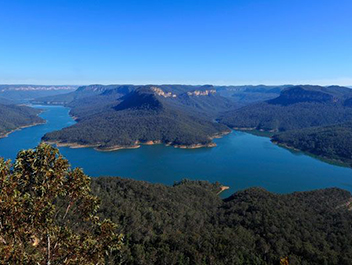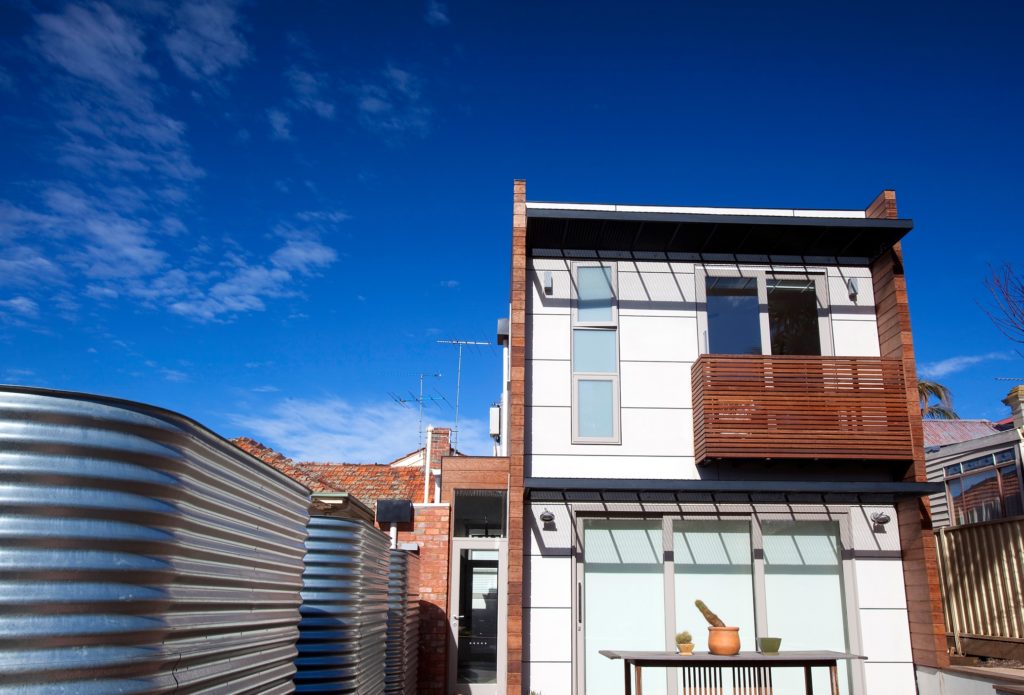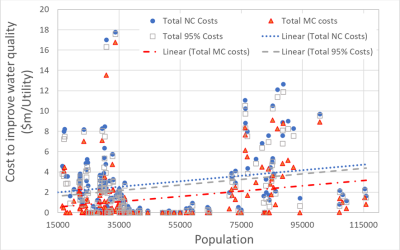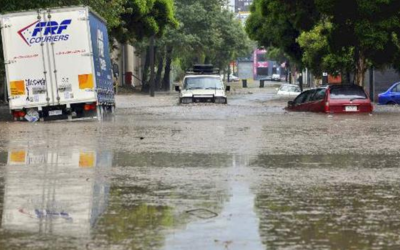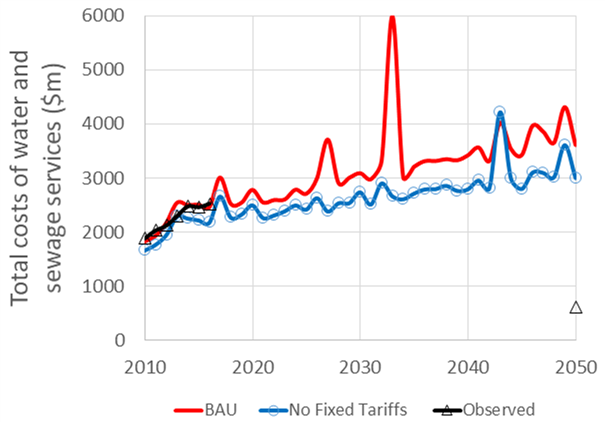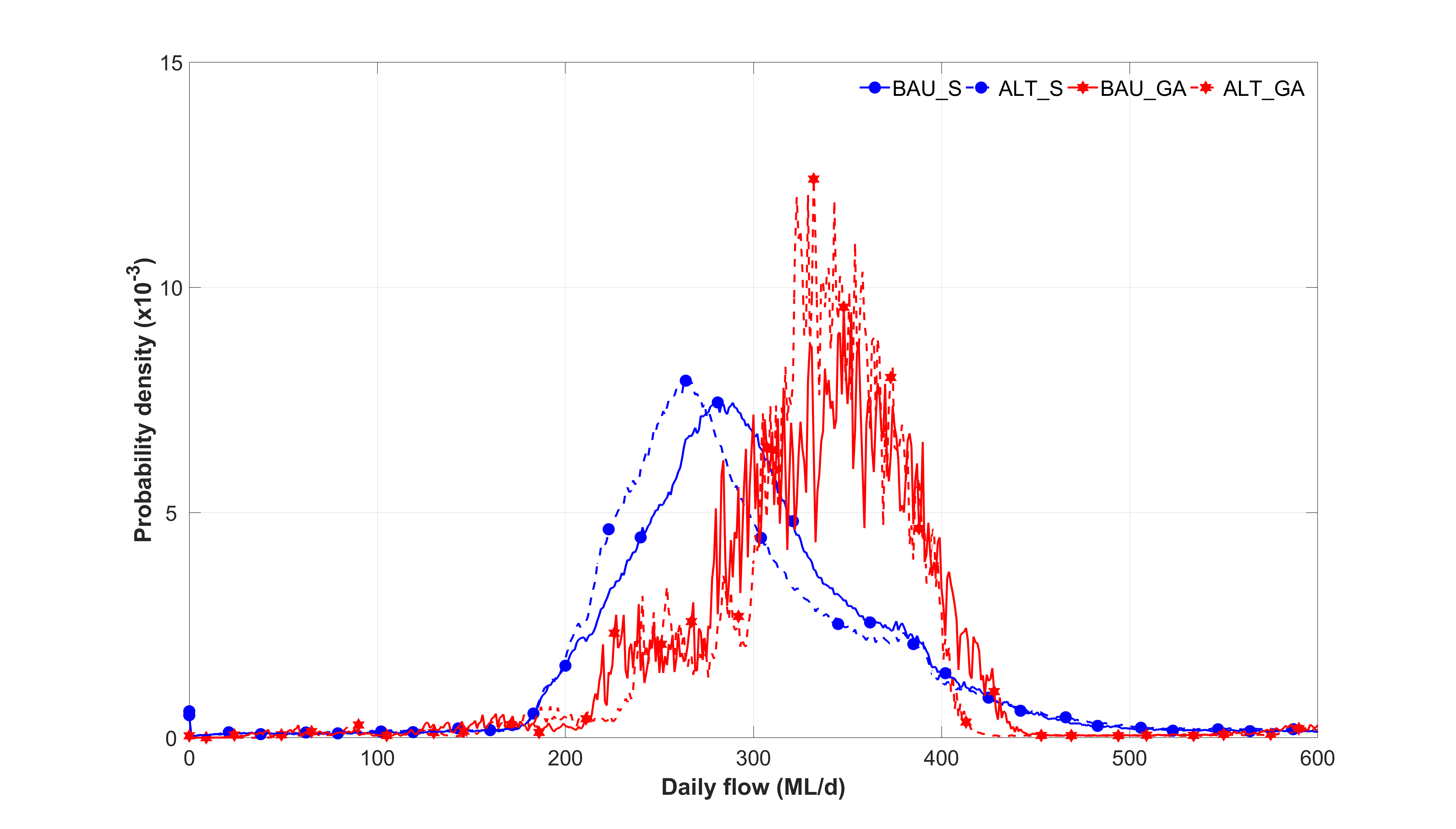 Sustainable Buildings Saving Billions
Sustainable Buildings Saving Billions
An alternative water strategy for Sydney
Peter J Coombes and Michael Smit
Systems research and modelling examined the water futures for Greater Sydney. Business as Usual will increase the demand for water in Sydney by 80% by 2050, increasing water charges by over 100% to $2.3 Billion in 2020 dollars
However, without the State Environmental Planning Policy BASIX (which mandates sustainable buildings), the additional charges would be another $5 Billion in additional supply augmentation and the costs of producing and pumping more than 70 billion litres of additional water each year.
BASIX uses new buildings to provide solutions for Sydney, rather than contributing to existing problems in water supply, wastewater disposal, efficiency and stormwater management. By linking building design solutions to new development the solutions are implemented at the same time as the growth occurs, not decades later when the problems become overwhelming.
“Water Governance in Australia is about rewarding the industry for building large infrastructure. Water efficiency and small local solutions don’t fit the business model but the rewards for the general public and economy are much greater. This is why the Auditor General found that water utilities could do so much better on water efficiency”
Professor Peter Coombes, report author:
“This is really exciting research, turning traditional water management upside down and putting the building at the centre of urban water management. The benefits for the public, in reduced costs, reduced wastage, greater resilience and engaging with natural systems are immense”
Stuart Heldon, Business Unit Director Kingspan Water and Energy
The report considers four scenarios using highly awarded systems research methodology. The scenarios looked at Business as Usual, with BASIX, what would happen if we didn’t have BASIX, improving BASIX to address urban stormwater and shifting water pricing to fully variable prices to reward householders for reducing demand for utility water.
The report finds the single most effective change is to give customers better information and more control over what they pay. This delivers the greatest savings of all the four scenarios, an astonishing $7B of savings by 2050
The report is available is here: Report Download: Alternative Water Strategy for Sydney

